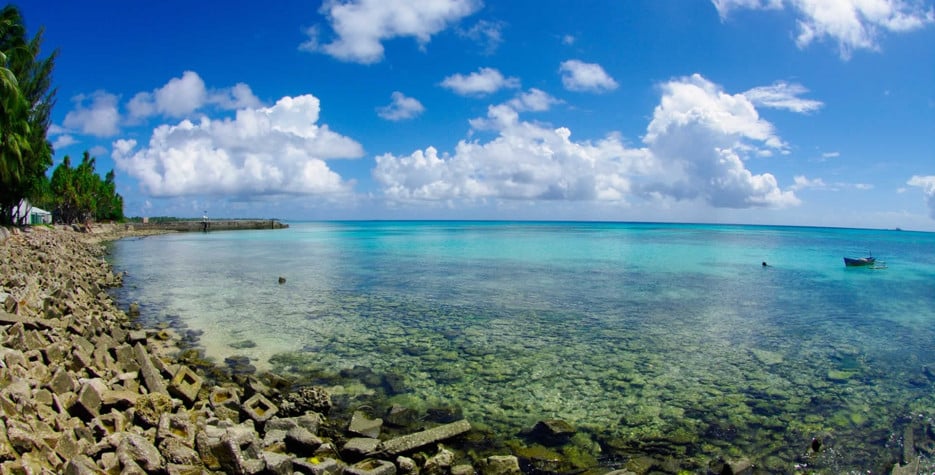When is Tuvalu Day?
Tuvalu Day is a two-day public holiday in Tuvalu, taking place on October 1st and 2nd each year.
When October 2nd falls on a Sunday the Monday and Tuesday next following shall be public holidays, and when the day falls on a Monday the Tuesday next following shall be a public holiday.
October 1st is the National Day of Tuvalu and marks the date it gained its independence from the UK in 1978.
History of Tuvalu Day
Tuvalu is made up of three reef islands and six atolls spread over ten square miles. Tuvalu is situated halfway between Hawaii and Australia, making it one of the most isolated countries on Earth; as well as one of the smallest and most low-lying nations on earth. Its highest point is only 4.6m (15ft) above sea level.
The islands were first inhabited by Polynesians about 3000 years ago.
Tuvalu was first sighted by Europeans on January 16th 1568, during the voyage of Álvaro de Mendaña from Spain, who sailed past Nui and charted it as Isla de Jesús (Spanish for "Island of Jesus") because the previous day was the feast of the Holy Name.
In 1819, the island of Funafuti was named Ellice's Island after a British politician; the name Ellice was then applied to all nine islands.
The islands came into Britain's sphere of influence in the late 19th century, when each of the Ellice Islands was declared a British protectorate by Captain Gibson of HMS Curacoa in October 1892.
A referendum was held in 1974 to determine whether the Gilbert Islands and Ellice Islands should each have their own administration. As a consequence of the referendum, separation occurred in two stages. The Tuvaluan Order 1975, which took effect on 1 October 1975, recognised Tuvalu as a separate British dependency with its own government.
The second stage occurred on 1 January 1976, when separate administrations were created out of the civil service of the Gilbert and Ellice Islands Colony.
Elections to the House of Assembly of the British Colony of Tuvalu were held on August 27th 1977, with Toaripi Lauti being appointed Chief Minister in the House of Assembly of the Colony of Tuvalu on October 1st 1977. The House of Assembly was dissolved in July 1978, with the government of Toaripi Lauti continuing as a caretaker government until the 1981 elections were held.
On October 1st 1978, Tuvalu became fully independent as a sovereign state within the Commonwealth realm, with Toaripi Lauti becoming the first Prime Minister.


